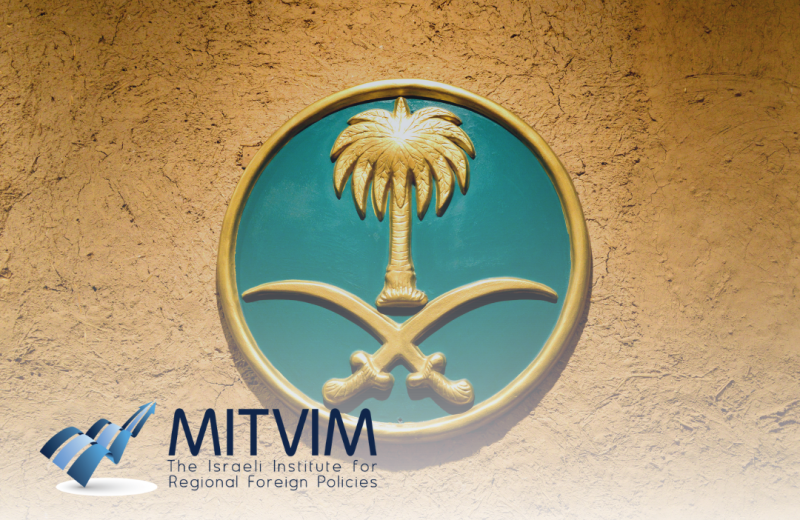 Policy Papers and Reports
/ Israel and the Middle East
Policy Papers and Reports
/ Israel and the Middle East
The paper aims to shed light on the obstacles and opportunities of Saudi involvement in a future Palestinian-Israeli peace process. It first explains the enigmatic nature of Saudi communication towards Israel and explains why Saudi pragmatism has been misunderstood. The paper also explains the rationale behind Saudi Arabia’s willingness to normalize relations with Israel, and that Saudi-Israeli normalization is treated as a gateway to a larger game-changing strategic treaty with the United States, rather than a keenness to cooperate with Israel itself. In addition, the paper argues that while the Saudi ruling elite are willing to play financial and security roles in “reconstructing” Gaza, it is unforeseeable that this will ensue without a credible peace process that can justify these efforts, especially against the backdrop of Saudi Arabia’s restructuring of its own economy. The paper then explains the ways in which Saudi Arabia, Gulf Arab states, and European states can help cooperate in areas such as building a Palestinian economic horizon that can strengthen the Palestinian-Israeli political framework; developing Palestinian-Israeli green cooperation; and developing an Arab-Israeli network of academics, experts, and journalists that can be an intersection of top-down and bottom-up projects that aim to reach a two-state solution.


